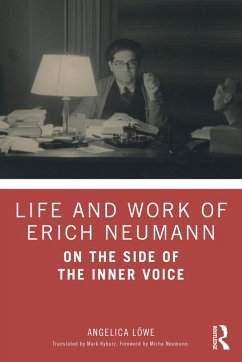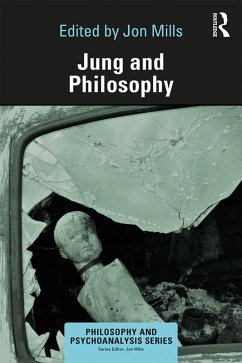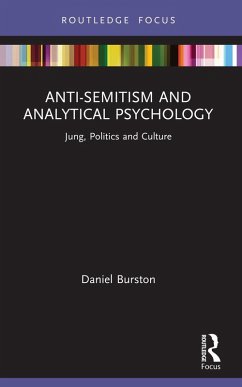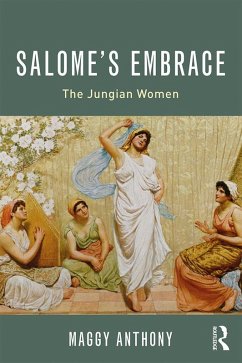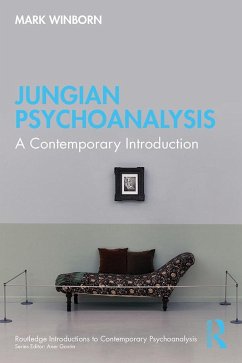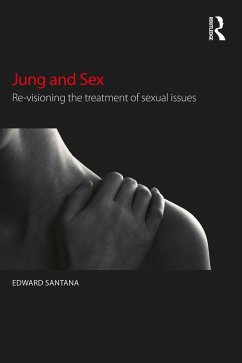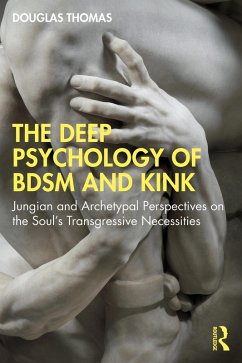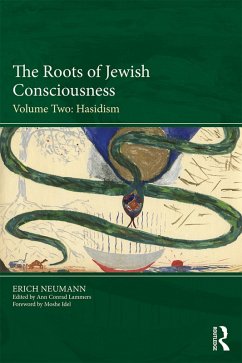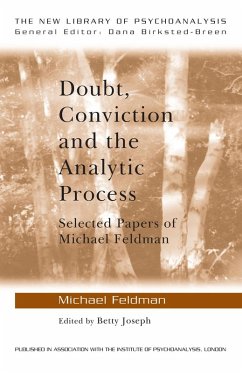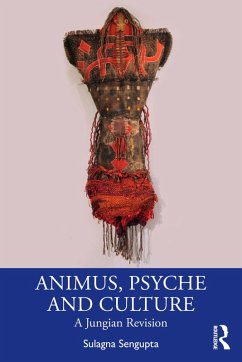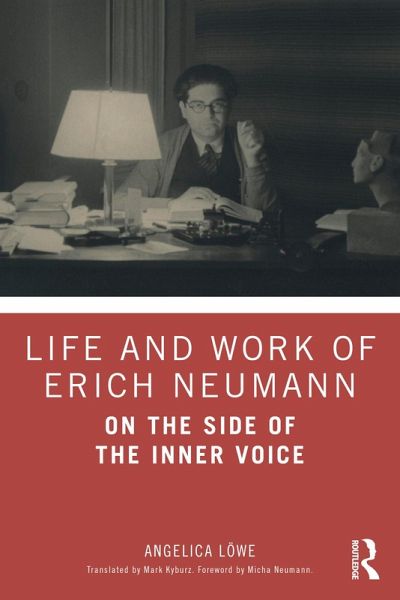
Life and Work of Erich Neumann (eBook, PDF)
On the Side of the Inner Voice
Versandkostenfrei!
Sofort per Download lieferbar
35,95 €
inkl. MwSt.
Weitere Ausgaben:

PAYBACK Punkte
18 °P sammeln!
Life and Work of Erich Neumann: On the Side of the Inner Voice is the first book to discuss Erich Neumann's life, work and relationship with C.G. Jung. Neumann (1905-1960) is considered Jung's most important student, and in this deeply personal and unique volume, Angelica Löwe casts Neumann's comprehensive work in a completely new light.Based on conversations with Neumann's children, Rali Loewenthal-Neumann and Professor Micha Neumann, Löwe explores Neumann's childhood and adolescent years in Part I, including how he met his wife and muse Julie Blumenfeld. In Part II the book traces their li...
Life and Work of Erich Neumann: On the Side of the Inner Voice is the first book to discuss Erich Neumann's life, work and relationship with C.G. Jung. Neumann (1905-1960) is considered Jung's most important student, and in this deeply personal and unique volume, Angelica Löwe casts Neumann's comprehensive work in a completely new light.
Based on conversations with Neumann's children, Rali Loewenthal-Neumann and Professor Micha Neumann, Löwe explores Neumann's childhood and adolescent years in Part I, including how he met his wife and muse Julie Blumenfeld. In Part II the book traces their life and work in Tel Aviv, where they moved in the early 1930s amid growing anti-Jewish tensions in Hitler's Germany. Finally, in Part III, Löwe analyses Neumann's most famous works.
This is the first book-length discussion of the existential questions motivating Neumann's work, as well as the socio-historical circumstances pertaining to the problem of Jewish identity formation against rising anti-Semitism in the early 20th century. It will be essential reading for Jungian analysts and analytical psychologists in practice and in training, as well as scholars of Jungian and post-Jungian studies and Jewish studies.
Based on conversations with Neumann's children, Rali Loewenthal-Neumann and Professor Micha Neumann, Löwe explores Neumann's childhood and adolescent years in Part I, including how he met his wife and muse Julie Blumenfeld. In Part II the book traces their life and work in Tel Aviv, where they moved in the early 1930s amid growing anti-Jewish tensions in Hitler's Germany. Finally, in Part III, Löwe analyses Neumann's most famous works.
This is the first book-length discussion of the existential questions motivating Neumann's work, as well as the socio-historical circumstances pertaining to the problem of Jewish identity formation against rising anti-Semitism in the early 20th century. It will be essential reading for Jungian analysts and analytical psychologists in practice and in training, as well as scholars of Jungian and post-Jungian studies and Jewish studies.
Dieser Download kann aus rechtlichen Gründen nur mit Rechnungsadresse in A, B, BG, CY, CZ, D, DK, EW, E, FIN, F, GR, HR, H, IRL, I, LT, L, LR, M, NL, PL, P, R, S, SLO, SK ausgeliefert werden.




